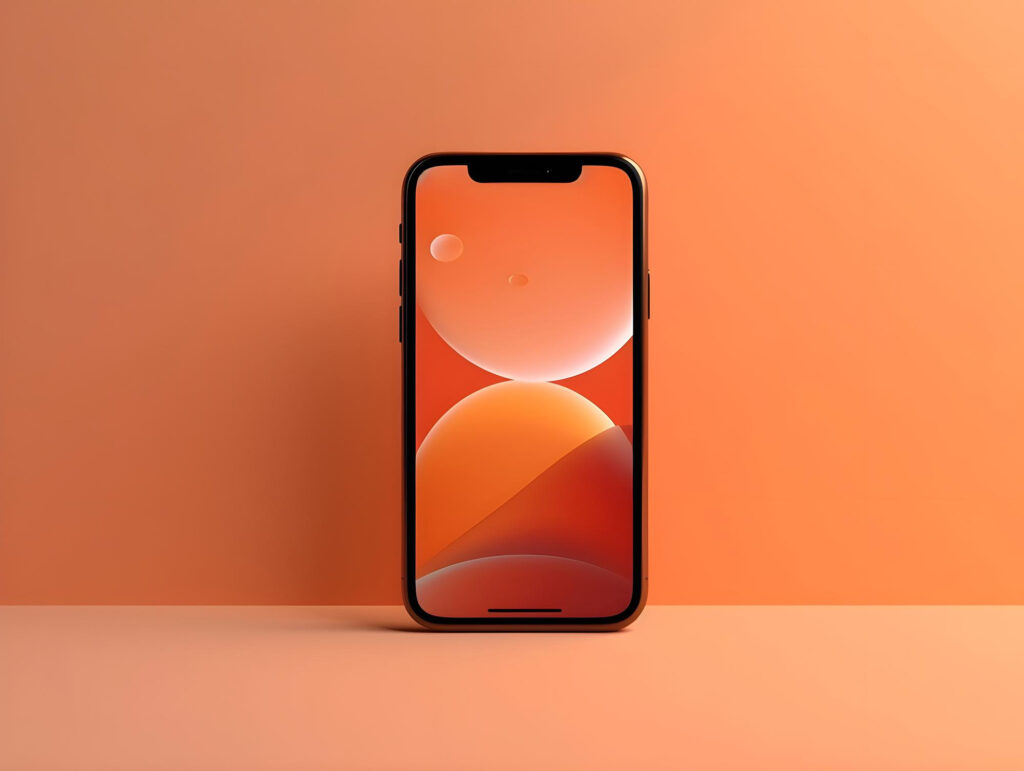With the increasing importance of smartphones in our lives, concerns about privacy and security are more significant than ever. Whether it’s for personal or professional reasons, knowing how to tell if your iPhone is tapped can help you protect your sensitive information and maintain your privacy. In this article, we’ll explore the signs that may indicate your iPhone is being tapped and the steps you can take to secure your device.

Understanding iPhone Tapping
Tapping an iPhone refers to the unauthorized interception of calls, messages, and data, often done by third parties without your consent. There are various methods that someone might use to tap an iPhone, including spyware apps, physical access to your device, or exploiting vulnerabilities in the operating system.
Signs That Your iPhone May Be Tapped
While it can be challenging to definitively determine if your iPhone is tapped, several signs may raise suspicion. If you notice one or more of the following indicators, it’s essential to investigate further:
-
Unusual Battery Drain: A sudden increase in battery consumption may be a sign that your iPhone is running background processes, potentially caused by spyware.
-
Excessive Data Usage: If your data usage skyrockets without a clear reason, it may indicate that your iPhone is transmitting information to a third party.
-
Slow Performance: Tapped iPhones can experience slower performance due to the additional burden of unauthorized monitoring software.
-
Overheating: If your iPhone is unusually hot, it could be due to the increased activity caused by spyware or malicious apps running in the background.
-
Unusual Background Noises: If you hear strange background noises during calls, it might indicate that your calls are being intercepted.
-
Unexplained Data or Call Usage: Mysterious calls, text messages, or data usage that you did not initiate could be a sign of unauthorized activity on your iPhone.
-
Sudden Restart or Shutdown: If your iPhone suddenly restarts or shuts down, it might be a sign that someone is attempting to control your device remotely.
-
Inconsistent Battery Percentage: If the battery percentage doesn’t match your usage pattern, it could be a sign that someone is monitoring your iPhone’s power.
-
Increased Data Traffic: Monitor your network activity for unusual data transmissions or connections to unknown IP addresses.
-
Security Warnings: Be alert to security alerts or notifications that indicate potential security threats or unauthorized access.
What to Do If You Suspect Your iPhone Is Tapped
If you suspect your iPhone may be tapped, it’s crucial to take immediate action to secure your device and protect your privacy:
-
Update Your iOS: Ensure your iPhone is running the latest version of the operating system. Apple regularly releases updates to patch security vulnerabilities.
-
Install Security Apps: Consider using reputable security apps that can scan your iPhone for malware and suspicious activities.
-
Check Installed Apps: Review the list of installed apps on your device and remove any that you don’t recognize or trust.
-
Change Passwords: Change your Apple ID and email passwords to prevent unauthorized access to your iCloud account.
-
Enable Two-Factor Authentication (2FA): Activate 2FA for your Apple ID and other accounts to add an extra layer of security.
-
Scan for Spyware: Use anti-malware or spyware detection apps to scan your iPhone for potential threats.
-
Reset Your Device: As a last resort, you can reset your iPhone to its factory settings. This will erase all data, so ensure you have backups of essential information.
-
Consult with Professionals: If you believe your iPhone is still compromised, seek help from cybersecurity experts or law enforcement.
Preventive Measures to Secure Your iPhone
To protect your iPhone from potential tapping and enhance its security, consider these preventive measures:
-
Regular Updates: Always keep your iOS and apps up to date to benefit from the latest security patches.
-
Install Apps from Trusted Sources: Only download apps from the Apple App Store to reduce the risk of malware or spyware.
-
Review App Permissions: Be cautious about granting permissions to apps, and avoid giving unnecessary access to your device.
-
Use Strong Passcodes: Set strong and unique passcodes, PINs, or passwords for your device and apps.
-
Encrypt Your Data: Enable encryption on your device to protect your data in case it falls into the wrong hands.
-
Use a VPN: Consider using a Virtual Private Network (VPN) to secure your internet connection and protect your online activities.
-
Monitor Your Device: Regularly check your iPhone for any signs of unusual activity or unfamiliar apps.
-
Be Cautious with Public Wi-Fi: Avoid using unsecured public Wi-Fi networks, as they may be vulnerable to eavesdropping.
Conclusion
While it can be challenging to definitively determine if your iPhone is tapped, being aware of the signs and taking proactive measures can help safeguard your privacy. The security of your device is crucial in our increasingly digital world, and taking steps to protect it is an essential part of responsible smartphone ownership. If you ever suspect unauthorized access or tapping, it’s better to err on the side of caution and take immediate action to secure your device and personal information.